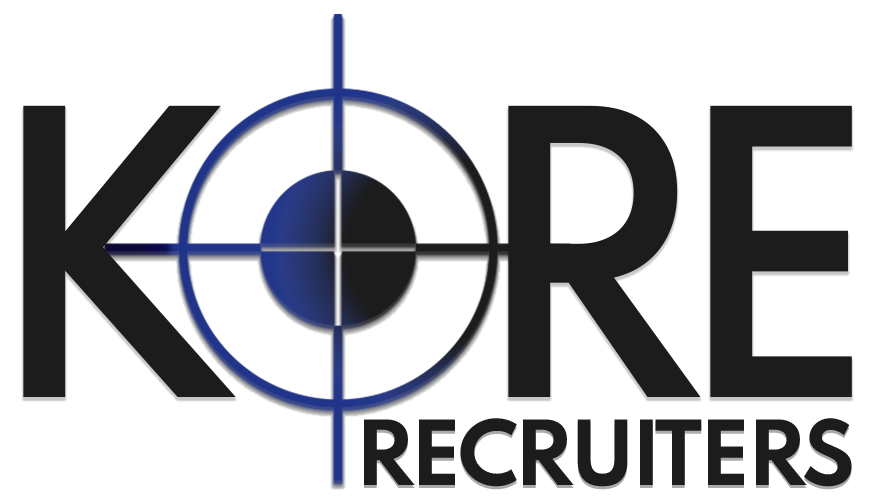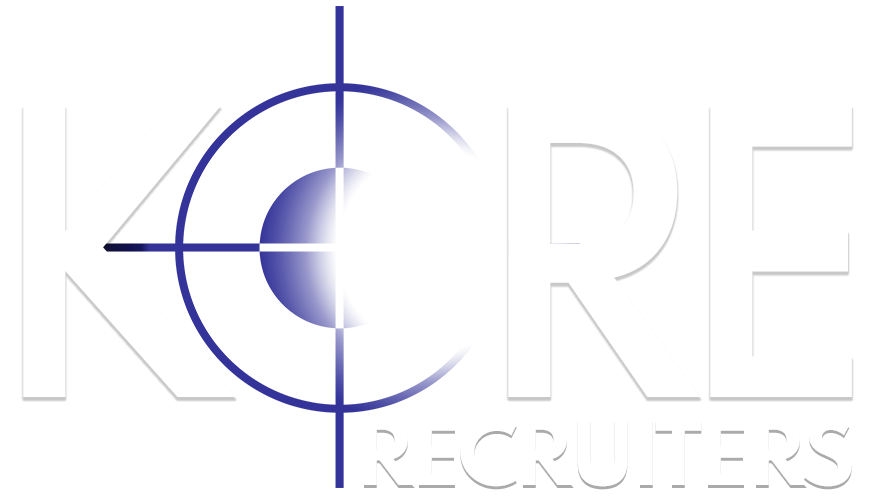One of the best articles from the Society for Human Resource Management (SHRM) focused on lawful and unlawful interview and application questions. What I really liked about this article, Guidelines on Interview and Employment Application Questions, was the explanation around the importance of completing job applications in their entirety. Furthermore, advising that job applications and interviews go hand-in-hand when determining whether or not you’d be a great fit for that position.
Develop a non-complex job application strategy that works. Make sure you’re following the proper guidelines so your application doesn’t get rejected.

Unanswered Questions You May Find Yourself Asking
- Why haven’t I heard back from the employer? I thought I was a definite shoo-in for the position.
- My skillset matched the job application requirements, yet why was my application rejected?
- Should I try and reach out to their HR department?
- Did I think I was good enough for the role, but was kidding myself?
- What’s my next move?
In this paragraph, I’m going to discuss a few reasons why practice is important when it comes to your job application and resume. First, we’ll review some top questions applicants ask themselves when they don’t hear back from an employer. Secondly, I’ll touch base on five key application points that are detrimental to your job seeking strategy. Thirdly, I’ll provide you will a bonus tip to ensure you go from applicant to candidate.
Getting the Job Application Process Right
1. Did you complete the job application in its entirety answering each question with a real answer?
I’ve been in this business for quite some time now and can honestly say that this may just be the top reason for employers bypassing applications. Most importantly, with leadership roles. If you can’t complete a job application thoroughly answering each question, how do you expect the Hiring Manager to depend on you for his/her role? Likewise, I’ve come across numerous recruiters who won’t put up with it. They may automatically reject your resume. Ensure you are putting your best foot forward.
2. Are you applying to roles that fall in line with your skillset?
The worst thing you want to do is apply to positions in which you clearly don’t meet the basic requirements for. I see this time and time again. It not only frustrates the recruiter or HR professional, but it also may in turn automatically eliminate you from consideration on any future openings for that employer.
3. Is your resume missing vital details and information?
Your application and resume are the employer’s first impression of you. It’s the only impression that counts.
-
- Spend time ensuring you have clearly described you’re the tasks and responsibilities for each role you have held.
- Above all, highlight your professional achievements. No one truly cares if you were the top volleyball player on your high school team. Emphasize achievements that could be considered as value add to the employer.
- In addition, include the proper dates of employment for each position held. That would include month and year. If you’re attempting to hide any gaps of employment, the employer will know and may automatically consider you to be a misleading applicant. Most likely, you won’t move forward in the hiring process. Honestly is always the best policy. I’ve heard C-level executives say, “well I rather hire someone who had a reason for a gap of employment than to have a liar on my team.” Which one do you want to be?
4. Is your resume overly complex or digitally enhanced?
For example, does your resume have colorful images, banners, links, bells, and whistles? It shouldn’t. Unless the position you are applying to requests this of your resume, try and refrain from these practices. We can’t get to the meat of your resume because we are blinded by the lights. It’s never the right approach. Lastly, keep your headshot on LinkedIn. Not on your resume. Do you happen to know if that Hiring Manager just had his brand-new car sideswiped by a blue-eyed redhead?
5. Are you applying to in-office opportunities knowing that you are seeking to work remotely?
Do not waste the employer’s time. It a definite no-no. Certainly if you are open to in-office opportunities surely apply. If you are not, do not apply. Focus on positions that meet your own requirements. This is happening more often these days. Why would you want to mislead the recruiter who is attempting to secure you a spot in the interview process by reaching out to you? Be honest with yourself and what you seek from a position prior to applying to that job.
BONUS:
Dedicate an appropriate amount of time on your job search and application process. Strategize a plan that works best for you. One possibility for a job seeker with limited time would be to seek related job roles on Monday and save their links. On Tuesday, apply to those positions you found on Monday. Keep your process simple. It will benefit you in the end.
Most importantly, it is said that recruiters spent 4-5 seconds glancing over your job application before determining if it’s worth a deeper review. Moreover, that time frame tends to lessen even more-so when you don’t put theory to practice. As a result, your application gets rejected. Meanwhile you’re left in the dark.
Sourcing talent has always been a priority for recruiters and hiring managers. Now, the competition for talent has increased drastically. The time when we used to spend a bit more time sourcing qualified candidates is over. Employers are seeking immediate assistance. Applicants are scarce. In conclusion, ensure you’re placing your best foot forward with job applications.

